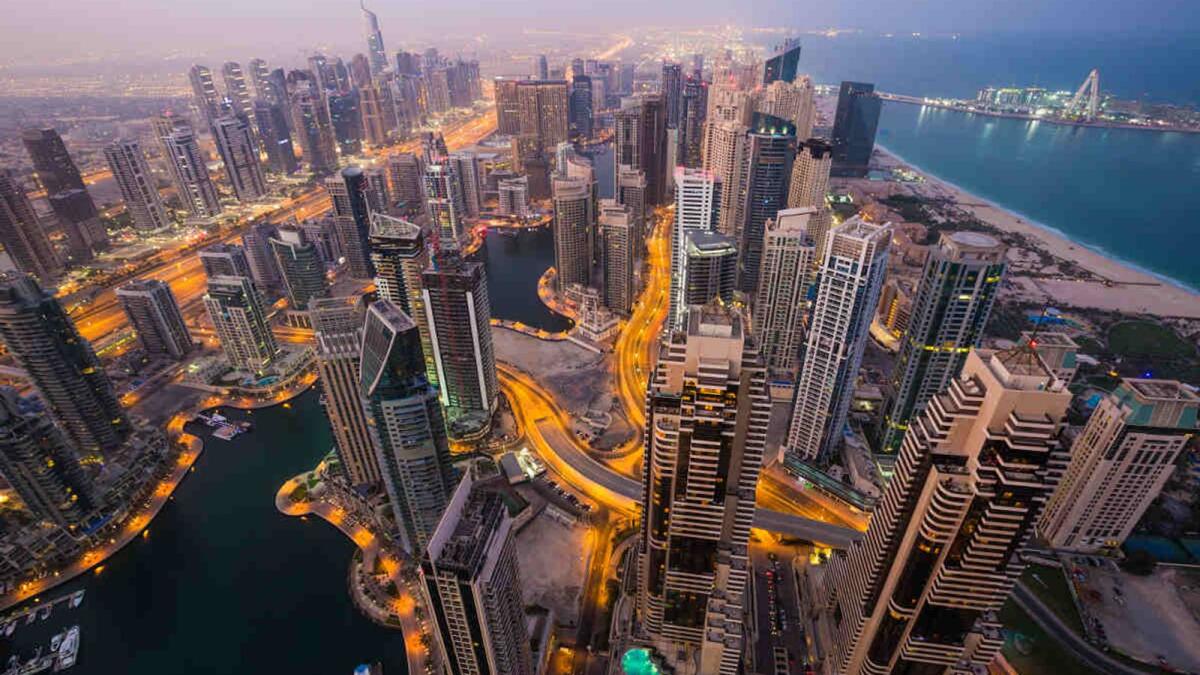In August, inflation in Dubai rose by 0.6 per cent month-on-month, according to data from the Dubai Statistics Centre. This represented a slight increase from the modest monthly deflation recorded in July. On an annual basis, CPI inflation rose by 3.38 per cent, slightly up from the previous month. Inflation has been running at an average of 3.6 per cent year-on-year in the year to August, showing a modest acceleration from the previous year’s rate of 3.3 per cent, according to analysis from Emirates NBD.
The main driver of inflation in Dubai has been the housing sector, with housing prices rising by more than six per cent year-on-year each month in 2024. The housing and utilities component of the CPI basket rose by 6.9 per cent year-on-year in August. This increase is attributed to the rise in property purchase and rental costs over the last few years. Given that housing costs have a significant weight in the overall CPI basket, they have a strong influence on inflation overall, according to Edward Bell, head of market economics at Emirates NBD Research.
Apart from housing, other components of the CPI basket also experienced increases in August. Transport costs were up by 0.3 per cent month-on-month, while the food and beverage subcomponent increased by 0.6 per cent. Recreation prices saw a significant jump in August, up by 4.6 per cent month-on-month and reversing the annual deflation observed in July. Additionally, financial services and education fees have also been key contributors to inflation in Dubai, showing increases of 5.9 per cent and 3.1 per cent year-on-year, respectively.
Looking ahead, Emirates NBD expects Dubai CPI inflation to average 3.5 per cent year-on-year in 2024, slightly higher than the previous year’s rate of 3.3 per cent. While cooling oil prices and energy costs may act as a drag on prices in the coming months, housing price inflation is expected to remain strong, providing support to the CPI index. With Brent oil futures averaging lower compared to the same period in 2023, the overall inflation rate may be influenced by these external factors.
In conclusion, inflation in Dubai saw a modest increase in August, driven primarily by rising housing costs. Other components of the CPI basket also contributed to the overall inflation rate, with transport, food and beverage, recreation, financial services, and education fees all showing increases. Looking forward, while external factors like oil prices may impact inflation rates, housing price inflation is expected to remain a significant factor influencing overall CPI in Dubai. These trends are important for policymakers, businesses, and consumers to consider as they navigate the economic landscape in Dubai.











